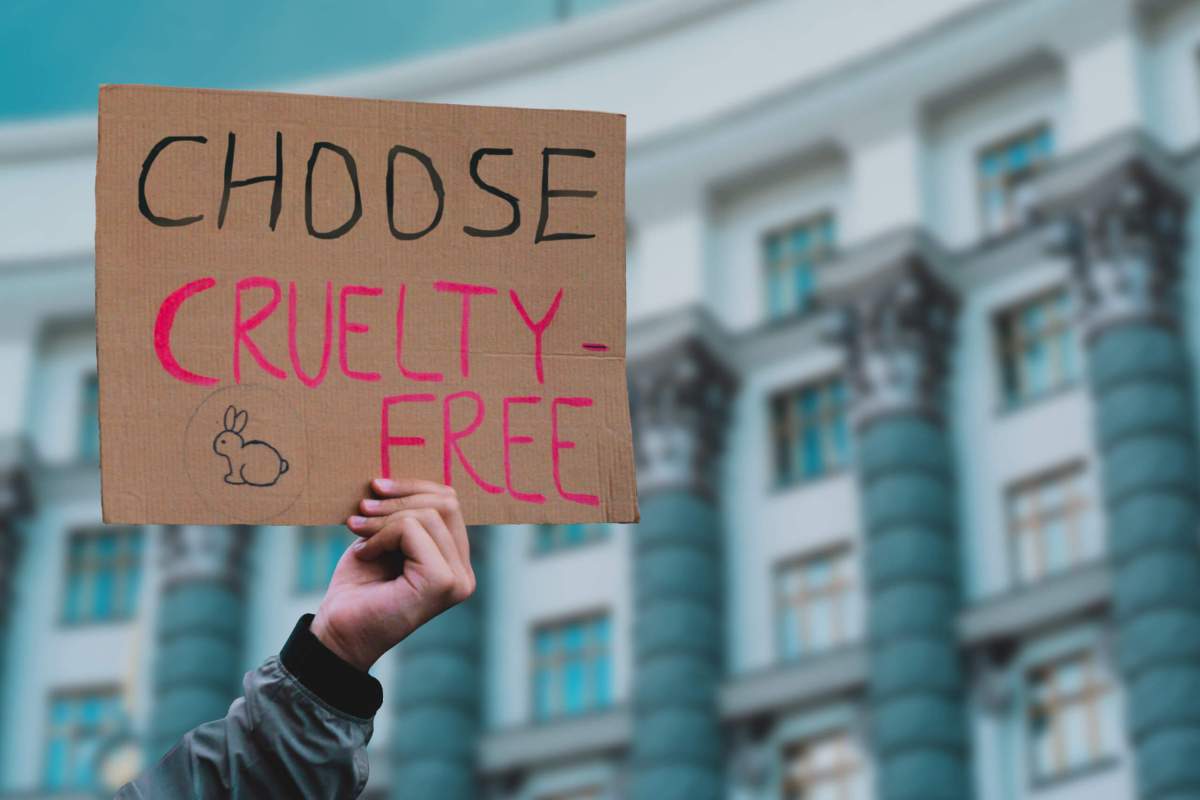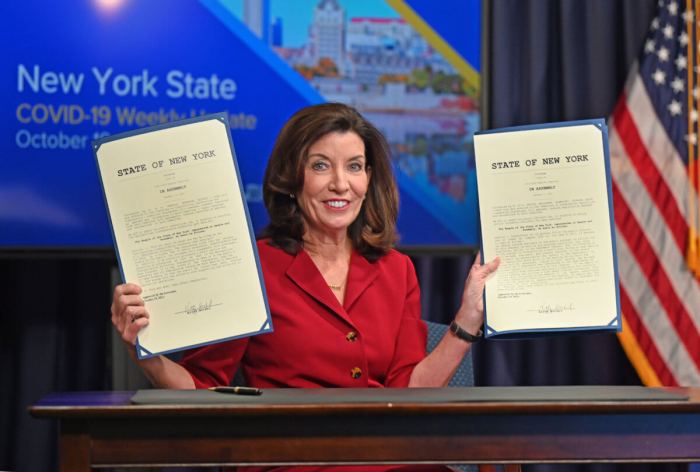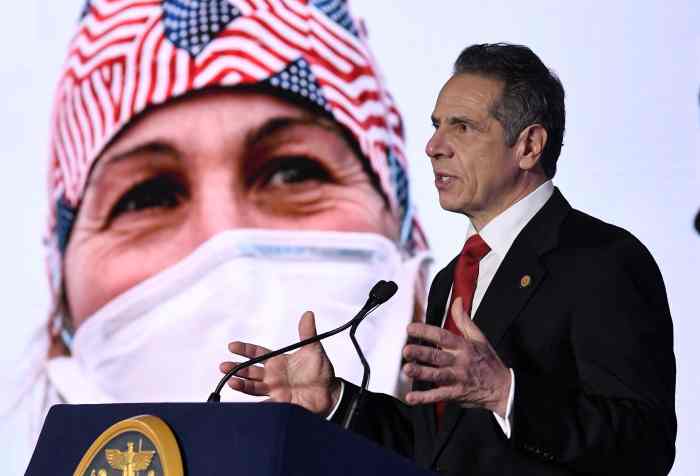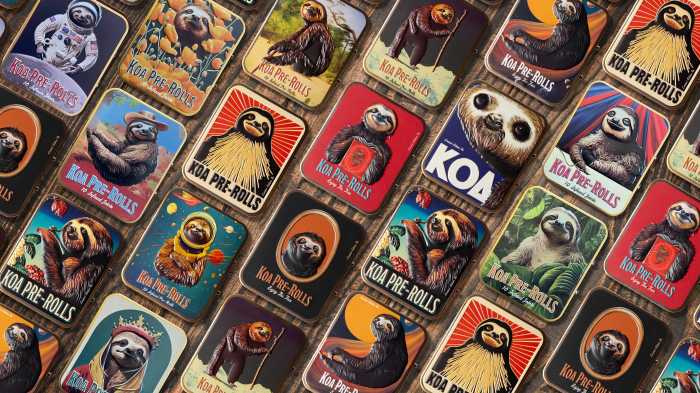Animal lovers and advocacy groups across New York rejoiced in December 2022 when Gov. Kathy Hochul signed legislation banning the sale of dogs, cats, and rabbits at retail pet stores, aiming to put a stop to abusive breeders. But an equally important initiative you may have missed was the signing of legislation (A.5653B/S.4839B), which prevents the sale of cosmetics that have been tested on animals, preventing what many consider cruel and unnecessary use of animals to test cosmetic products sold in New York State.
As to why this news didn’t receive the attention it deserves, it may have been due in part to the common misunderstanding of what it means for cosmetics to actually be cruelty free. For example, many companies claim their products “are not tested on animals,” but this often refers to the finished product, not its ingredients.
According to People for the Ethical Treatment of Animals (PETA) Senior Vice President Kathy Guillermo, while this legislation makes a strong statement that testing on animals is not necessary and ethically unacceptable, there is room for improvement.
“Much of the testing occurs in the European Union as well as in China, which requires tests on animals for many imported cosmetics products. Through educational efforts funded by PETA and other companies, China’s requirements are loosening, but many remain in place,” Guillermo says. “While most companies exporting to China do not themselves test on animals and do not rely on the data gathered in China, they’re simply allowing the testing to be conducted so they can continue to sell their products there.”
Despite similar testing bans in the EU, some ingredients are still tested on animals, which the new New York State law does not prohibit as long as the company does not utilize the testing data.
While this legislation is a step in the right direction, the best way to protect animals is by knowing what you’re buying. Labels can be deceptive, and there are no specific laws that oversee labeling of products. The easiest way to identify a product that is truly cruelty-free is to look for PETA’s Beauty without Bunnies label, which is issued only to companies that meet stringent requirements. You can also check for specific companies on PETAs website at crueltyfree.peta.org, or by downloading the Bunny Free app.
“There are more than 6,000 cosmetics manufacturers on our list that have banned tests on animals. They range from inexpensive brands sold in all drug stories to high-end products. There are cruelty-free products available for every budget,” says Guillermo.


































